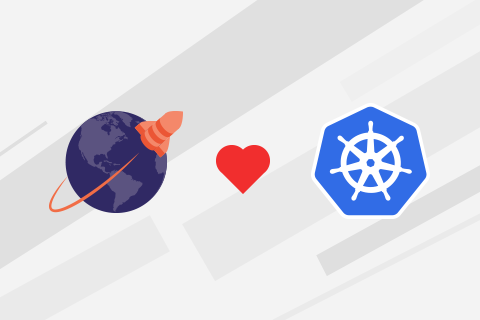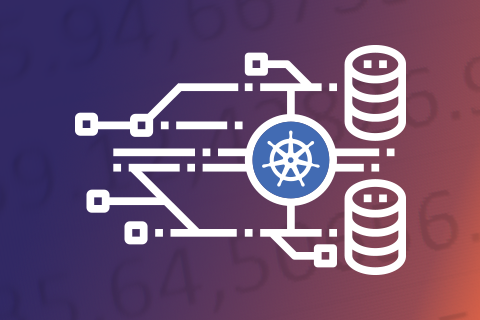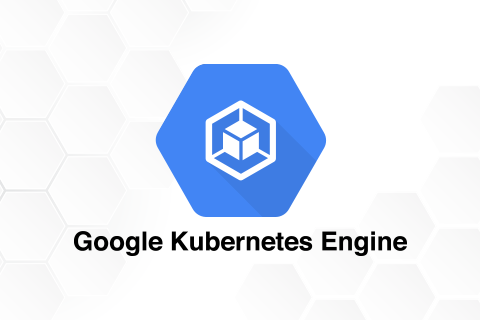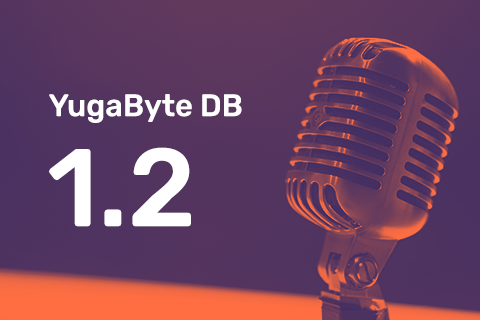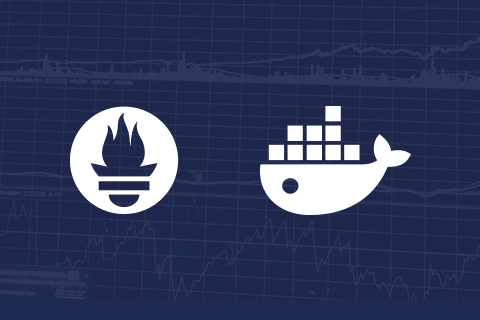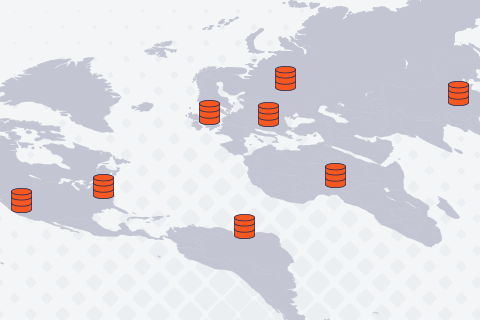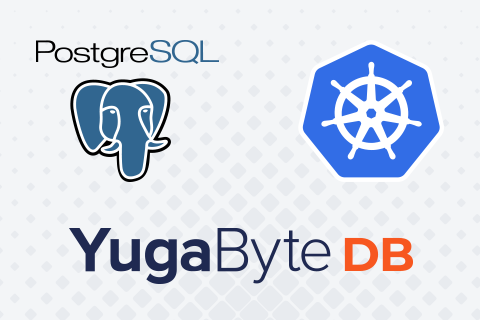Announcing YugabyteDB on Crossplane, the Open Source Multicloud Control Plane
We are excited to announce that YugabyteDB is now available as a self-managed database service on Crossplane, the open-source multicloud control plane. Built on top of our recent Rook Kubernetes Operator for YugabyteDB, this offering makes YugabyteDB one of the first distributed SQL databases available on Crossplane.
Benefits of the Joint Solution
With Crossplane as the single control plane, users can provision and manage multiple YugabyteDB clusters across Google Kubernetes Engine,
…


